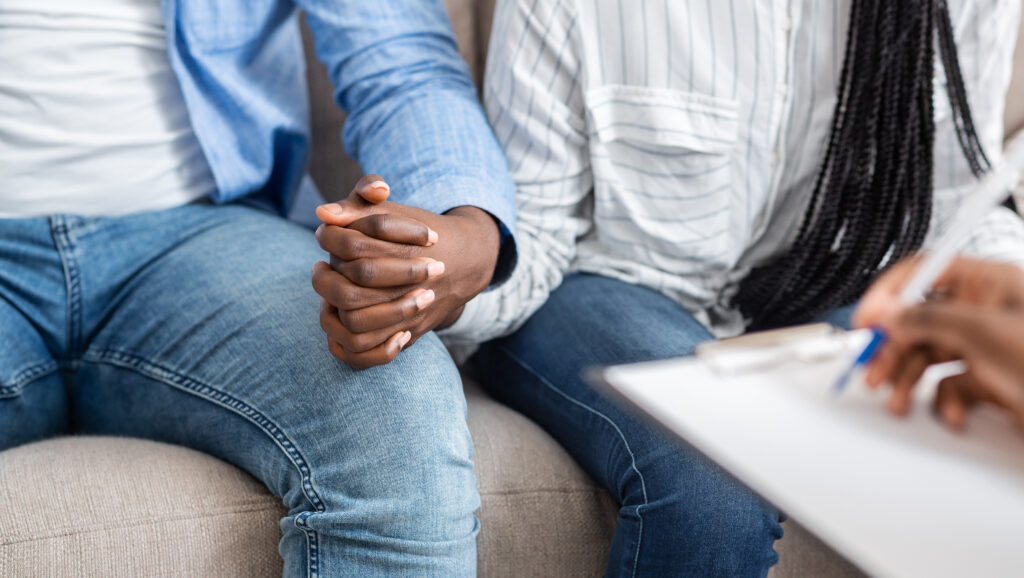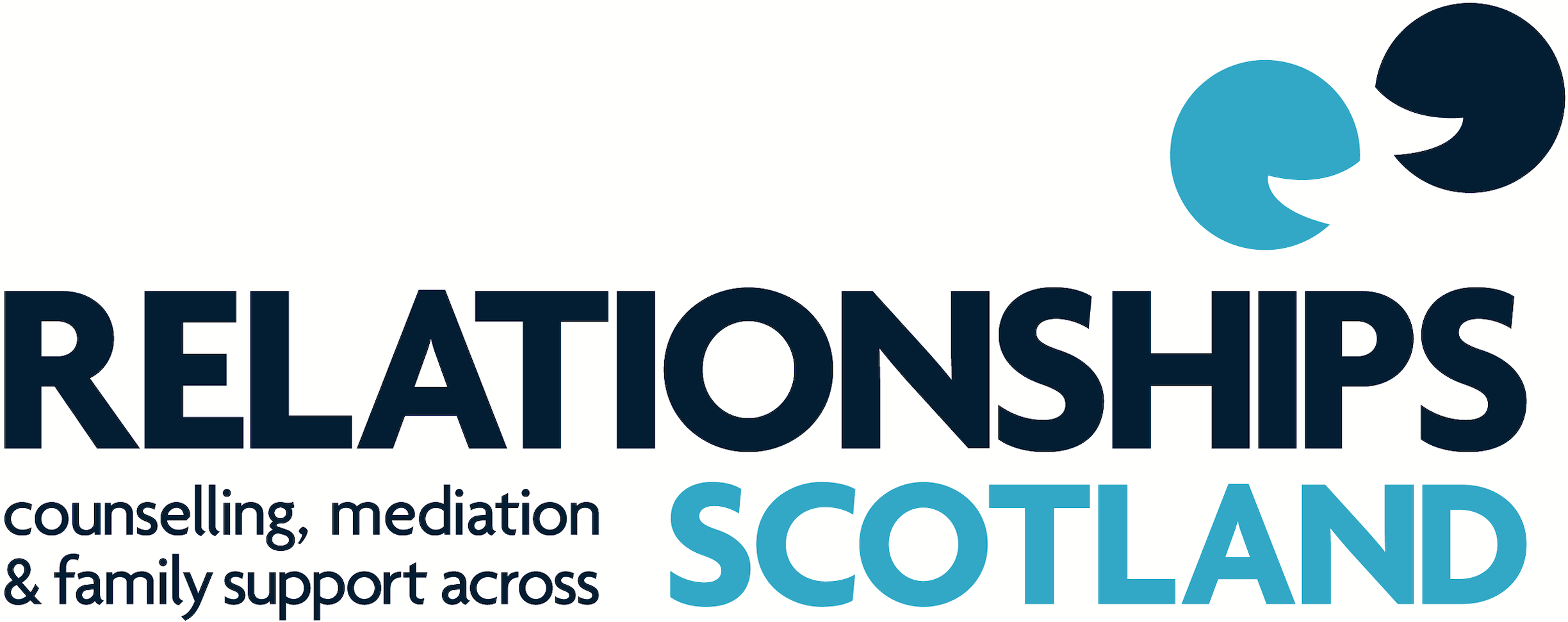
5 Questions to ask before choosing a Relationship Counsellor
- Are they trained to work with relationships?
Entrusting yourself and your relationship to relationship counselling can seem daunting especially when there are so many different forms of counselling available. The first thing you need to ask a counsellor is about their training in relationship work. Relationships Scotland runs fully accredited and validated courses for those just embarking on counselling training and for counsellors who are already trained to work with individuals, who want additional training and qualifications in working with relationships. All our counsellors undergo a full assessment to determine their level of competency before seeing couples.
Before you begin counselling it is important to establish the level of your counsellor’s training and their experience. In recent years it is usual for a counsellor to do either a one-year full time or a two-year part-time course. The course should have had assessed counselling hours (where the student counsellor saw actual clients, not just role playing with other students) which formed part of the course. Some counsellors have a Diploma in Counselling which did not cover working with couples or relationships. It is vital that the counsellor you are seeing has specific training in couple work for them work safely with you. You should ask the counsellor what training they have for working with couples and relationships.
It is also important to find out what areas of relationships the counsellor can work with, not all counsellors are trained to work with adult sexual and intimacy problems. All Relationships Scotland counsellors receive training in working with sexual issues. Many services within our network also have relationship counsellors who have done a further two years specialist training to gain a professional qualification in sex therapy.
- Is there someone checking that they are working OK?
Relationships Scotland counsellors are required to undertake a minimum number of hours of casework per year. They are also required to participate in clinical supervision with a supervisor who is experienced in couple work. Counsellors are also required to attend on-going training (Continuing Professional Development) in order to remain on the Register of practising counsellors within the network.
All counsellors work to a professional code of Ethics and Practice (depending on which professional body they belong to) however, if you do have any concerns about a counsellor then every service within our network will have Complaints Policy which they will make available to you.
- What will they do with the information I give them?
Your counsellor will discuss confidentiality with you. There are some legal restrictions placed on counsellors which we have to work within. For example, we have to pass on any information that you might tell us about a child that might be at risk of harm, or if you are threatening to harm some else.
You need to ask about confidentiality and what is kept private and what might need to be passed on. All Relationships Scotland services will be able to give you a copy of their Confidentiality Policy.
- Where will I see the counsellor?
Relationships Scotland has over a 150 counsellors working throughout a network of 15 affiliated local services covering the whole of mainland and island Scotland. These local agencies use a number of different venues to deliver services. Contact the service in the area in which you live to find out where the counselling will take place. Many services now offer online counselling if that would suit your situation better.
- Will there be a charge?
All Relationships Scotland affiliated local services that provide relationship counselling receive some funding from the Scottish Government. This does not cover all the costs, however, and so some services will ask for a donation or make a charge, dependent upon income. Contact the service in the area in which you live to find out specific details.
